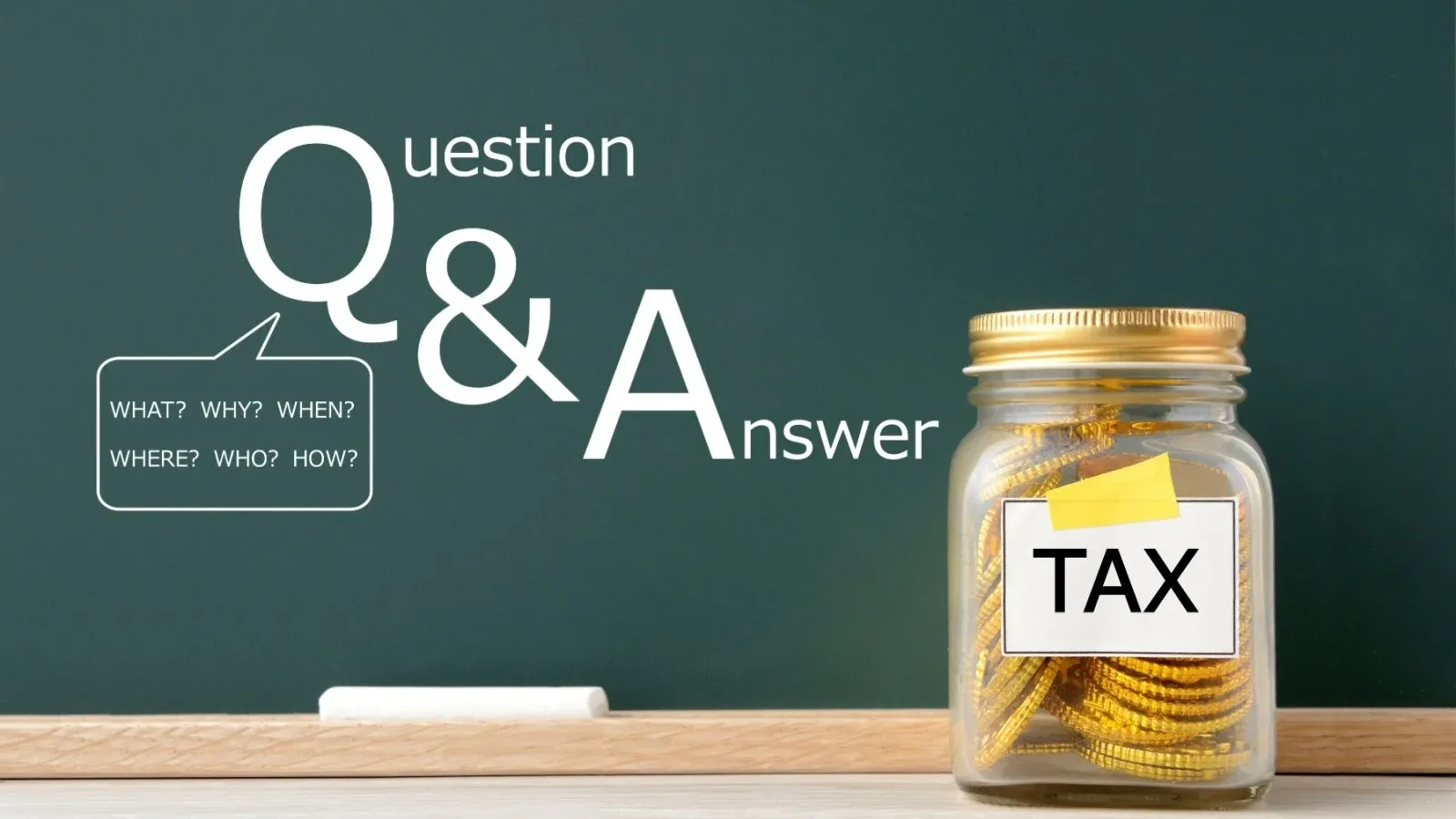Personal Finance News
Can I adjust STCG, LTCG against the basic exemption limit under both old and new tax regimes?

4 min read | Updated on May 14, 2025, 18:24 IST
SUMMARY
A taxpayer can adjust STCG and LTCG from equity mutual funds and shares under Sections 111A and 112A against the basic exemption limit if his total income, including these gains, is below the basic exemption limit, in both the old as well as the new tax regime.

Taxpayers can adjust STCG and LTCG from equity mutual funds and shares against the basic exemption in certain situations. | Image source: Shutterstock
In this article, we have summarised the queries and answered them with inputs from CA Dr Suresh Surana. In the latter part of the article, we have also taken up two specific queries of readers:
This benefit is applicable irrespective of whether the taxpayer opts for the old or new tax regime, subject to satisfaction of certain conditions.
Under the old regime, the basic exemption limit is ₹2.5 lakh (₹3 lakh for senior citizens and ₹5 lakh for super senior citizens).
Under the new tax regime (Section 115BAC), the basic exemption limit has been revised to ₹4 lakh with effect from AY 2026–27 (FY 2025–26), as per the amendments made by the Finance Act, 2025. For the previous year (AY 2025–26), the limit was ₹3 lakh.
In either regime, if the total income (excluding STCG, LTCG, casual income) falls below the basic exemption threshold, the shortfall can be adjusted against such basic exemption limit.
As such, taxpayer can adjust STCG and LTCG from equity mutual funds and shares under Sections 111A and 112A against the basic exemption if one’s total income, including these gains, is below the basic exemption limit, in both the old as well as the new tax regime.
The order of adjustment is not prescribed by the Income Tax statute, but practically, STCG under Section 111A should be ideally adjusted before the adjustment of LTCG u/s 112A.
This is because LTCG enjoys a ₹1.25 lakh annual exemption under Section 112A, and the effective rate is lower (12.5%) compared to STCG under Section 111A (20%).
Readers' queries
Yes, as explained above, if your total income, including capital gains from equity stocks and mutual funds, is below the basic exemption limit, then no tax will apply under the new tax regime in FY 2025-26. But you should file the Income Tax Return to report such income.
Related News
By signing up you agree to Upstox’s Terms & Conditions
About The Author
Next Story



